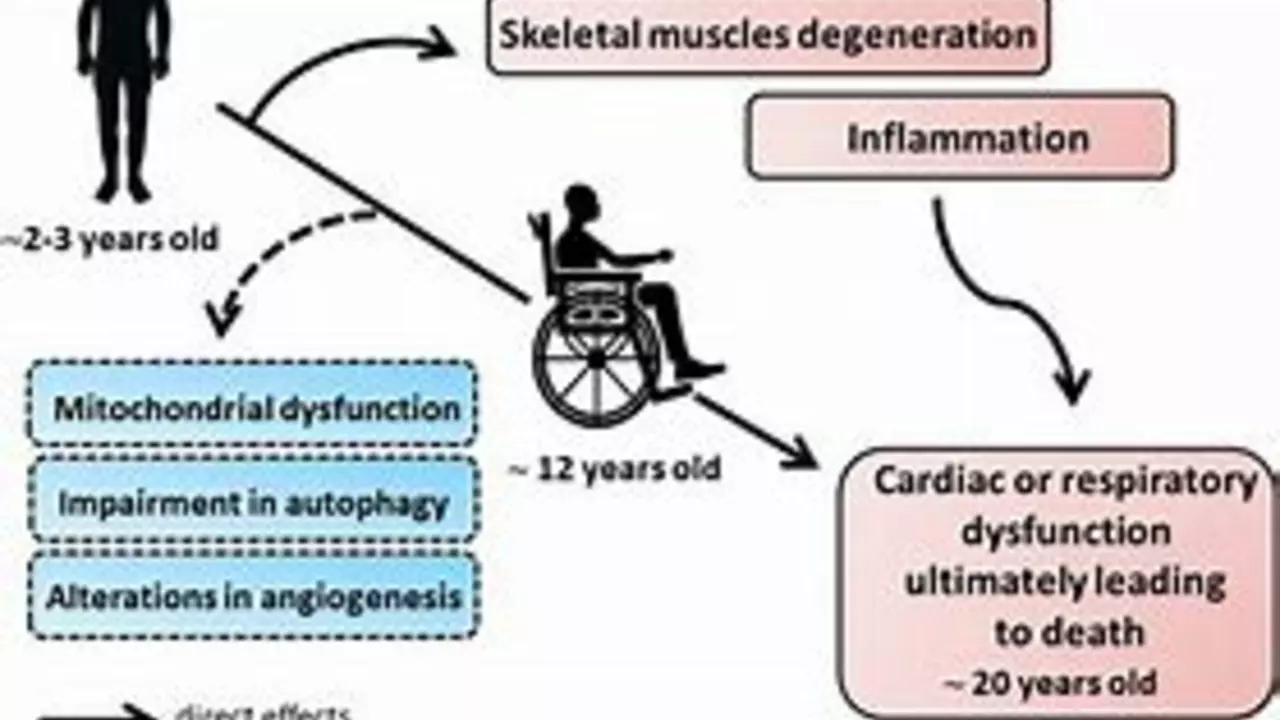Duchenne Muscular Dystrophy: What You Should Know Right Now
Duchenne muscular dystrophy (DMD) is a genetic condition that weakens muscles over time. It mostly affects boys and often shows first signs in early childhood — delayed walking, frequent falls, or trouble running. If you suspect DMD, ask for a simple blood test for creatine kinase (CK) and a genetic test that looks for dystrophin gene changes. Accurate diagnosis matters because it opens treatment options and clinical trials.
Treatment essentials — what works and what to expect
Steroids slow muscle decline and are a mainstay of DMD care. Deflazacort and prednisone are commonly used. Deflazacort may cause less weight gain for some kids, but it still needs monitoring for bone health, growth, blood sugar, and cataracts. Talk with your doctor about dose schedules and side-effect checks. Besides steroids, some people qualify for mutation-specific medicines (like exon-skipping drugs) or small-molecule options — these only work for certain genetic changes, so bring your genetic report to appointments.
Supportive care keeps kids stronger and safer. Physical therapy and regular stretching prevent contractures. Night splints and mobility aids delay the need for a wheelchair. Respiratory care becomes crucial as breathing muscles weaken — cough-assist devices and noninvasive ventilation can make a big difference. Heart problems are common too; regular cardiology checkups and medicines such as ACE inhibitors or beta-blockers are often recommended.
Practical tips for daily life and managing care
Coordinate a team: neuromuscular specialist, physical therapist, cardiologist, pulmonologist, and a dietitian. Keep vaccines up to date and watch bone density — steroids raise fracture risk. Use simple trackers: mobility progress, sleep, cough strength, and medicines taken. Ask your clinic about clinical trials and genetic counseling. Patient registries and groups (like national DMD foundations) help with trial alerts and local support.
Here are questions to ask at your next visit: What does my child’s genetic report show? Is my child a candidate for mutation-specific therapy or trials? Which steroid is best right now and how will you monitor side effects? When should we start cardiac and respiratory screenings? What local resources or support groups do you recommend?
For a focused read on steroids, check our article "Deflazacort's Role in Managing Duchenne Muscular Dystrophy" on this site. If you need help or have specific questions, use our Contact Us page to reach the team. Practical choices and timely medical checks change outcomes — get the right tests, build your team, and keep asking questions.

